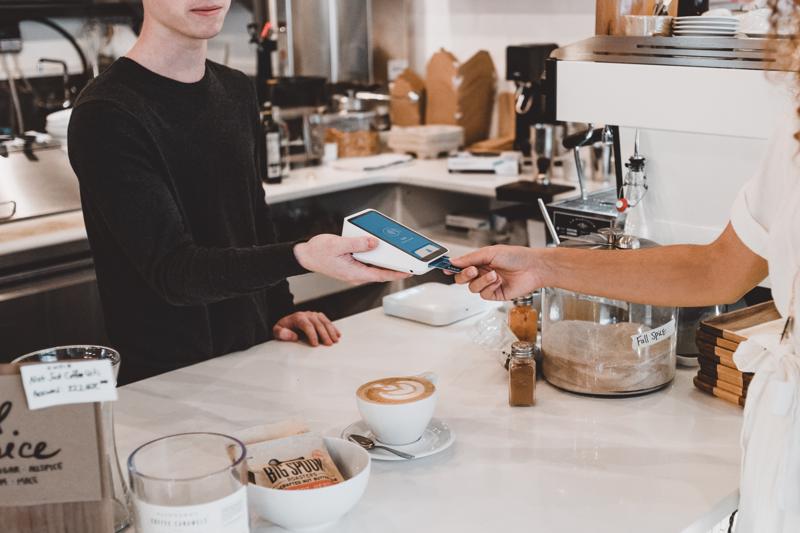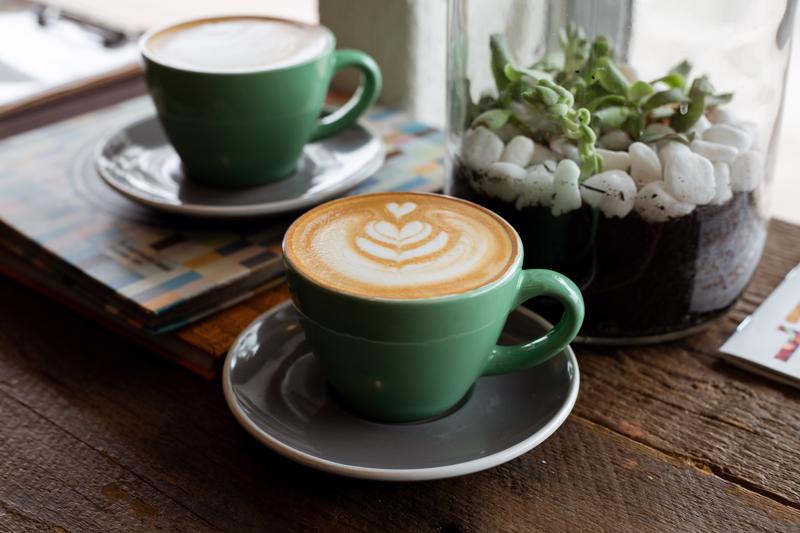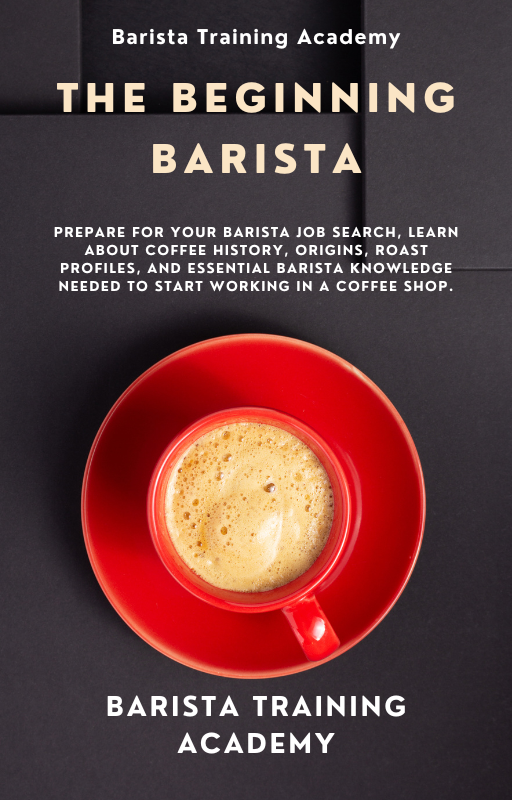How Much Do Baristas Make?
Barista salaries can vary based on factors such as location, experience, the size of the coffee shop, and whether the barista is part-time or full-time.
On average, in the United States, baristas typically earn between $12 to $15 per hour. However, experienced baristas or those working in upscale cafes or specialty coffee shops may earn higher wages, sometimes reaching $20 per hour or more. Additionally, some baristas may receive tips, which can significantly increase their overall income.
Making a significant amount through tips is a key factor for increased income.
For example, take a look at the following hourly wages from Seattle:
$14-$24 per hour (Indeed)
$14-$21 per hour (Zip Recruiter)
$12-$18 per hour (PayScale
But because of gratuity, look at what these recruiters are stating:
$45K-60K per year (Glassdoor Seattle)
$23-33K per year (Salary.com Seattle)
$34K-60K per year (Talent)
How Much Money Do Baristas Make?
What is the average barista's salary? In addition to having a flexible schedule, baristas can make perfect money on their shifts.
The purpose of this article is not to overstate the potentially high hourly wage for many baristas at independent coffee shops and cafes. Yet, we should also not underestimate a barista’s ability to make good money through their daily tips!
Here are the facts: Baristas often make minimum wage or close to the minimum wage in many cities and states. Larger cities in progressive states often have higher minimum wage laws. Aside from the federal minimum wage (currently at $7.25), states and cities also have their own minimum wage. For example, at the time of this writing, in Seattle, the minimum wage is $15, depending on the size of the company you work for.
How much a barista makes per hour really depends on several critical factors that should not be overlooked. The first being what type of business it is? Is the barista working at a “big chain” coffee shop or an independent shop? Many big chains don't require or even make it possible for customers to tip on their credit cards. Is tipping encouraged and promoted by signs? Is there a tip jar?
Many bigger chains often offer other benefits like health care, paid time off, vacation, sick pay, etc. Independent coffee shops often do not have these benefits. However, many independent coffee shops and cafes realize that tips – or earning tips – are where their baristas make much of their take-home money and encourage tipping in various forms.
I think it's important for us to consider how much money you might – emphasis on the might – make if you were to be a barista.

Barista Salaries and Tipping:
- The barista works a 6-hour shift
- The café is in a medium to large city
- Tipping is encouraged and expected
- Patrons tip normal to above average (50%-90%) of the time.
- The average tip is $1.00 – 2.00*
- Some patrons will tip only leftover change, while other customers will tip the leftover change plus $1 or $2.
How much do baristas make?
A barista serves 20 people an hour, and 16 of the tips are an average of $1. On average, that’s $16 bucks an hour on tips alone. The busier the place, the better for your wallet, right? $16 + $15 per hour ($31 an hour)
Let’s say you work at a busier place where there are three baristas, and you serve 75 coffees an hour – and the average tip of $1. (Some may not tip, but others may tip $2 or more)
This, of course, is all hypothetical. But let's try to do that math:
$75 of tips per hour divided by 3 baristas = $25 per hour. If you make $15 as a minimum wage, how much would you make?
The answer $37 an hour.
6 hours X $37 = $222 a shift. (Of course, taxes are not counted).
Still, the possibility of making nearly $230 a day before you head to your afternoon Sociology class in the afternoon is pretty impressive.
Again, of course, these are hypothetical scenarios that illustrate the possibilities of what baristas can make.
Since we're on the topic of making money, you should probably know how much coffee shop owners make, too, right? As you might already know, income from coffee shops varies from location to location, but owning a coffee shop can also be quite profitable. Here's a good article on figuring out just how much a coffee shop owner makes if you are interested.

Do baristas neet to get certified?
There is no national certification that is required for being a barista. It means that you don't need to go to a school or college to get your barista training. However, this doesn’t mean there are no state and local requirements for handling food and beverages. Nor does it mean that coffee shop owners won't see if you have a passion for studying fundamental barista skills.
While federal law may not generally impact the hiring of a barista (with an exception to age, ability, discrimination issues, etc.), baristas may or may not fall into the category of “food handler.” Some municipalities are eager to promote healthy food handling if not strongly encourage some training or the passage of health exams. For example, King County in Seattle heavily encourages employees and employers to require a “food handler’s card.” Check with your local city, county, or province (if you are outside the U.S.).

Brought to you by Barista Training Academy, “The Beginning Barista,” Your Ultimate Prep Guide to Getting Your First Job as a Barista” is an ultimate resource that is available online and is affordable for anybody who is looking to start a career in the coffee industry. For more information, visit our blog.
